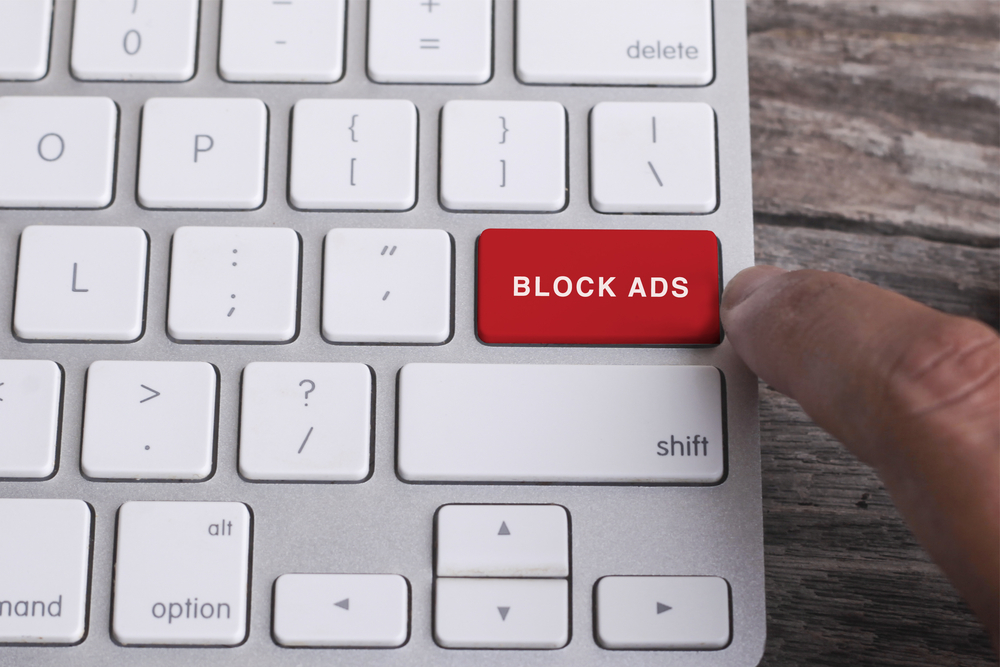Why Use an Ad Blocker?

In the first part of this three-part series, we looked at the phenomenon of ad blocking tools, what they are and how they work. Next we’ll turn to the many reasons people use them.
The reasons for ad blocking
Ad blocking is of great benefit to the average user by decreasing page loading times, decreasing data usage, improving battery life, ensuring privacy by combating tracking. Perhaps the major reason is simply smoothing out your browsing and streaming experience — an obnoxious ad is like a cow mooing in your ear while trying to play the piano.
According to Google, there are four main reasons for ad blocking usage:
1. People who install ad blockers to protect their privacy. They are more likely to whitelist trusted websites.
2. People who do not want to see ANY ads at all.
3. People who do not in fact realize they are using an ad blocker. (It could be installed by a friend or family member, come prepackaged, or be accidentally installed.)
4. And lastly, those who do not object to ads in general — just those that are annoying, suspicious, and/or aggressive.
Hootsuite has also done extensive research on the reasons for using an ad blocker. The following list contains the most common reasons:
- There are too many ads on the internet: 22.3%.
- Too many ads are annoying or irrelevant: 23.3%.
- Ads are too intrusive: 19.9%.
- Ads take up too much screen space: 16.7%.
- Ads sometimes contain viruses or bugs: 16.5%.
- To speed up page loading times: 14.6%.
- To avoid ads before watching videos or shows: 13.3%.
- I try to avoid all advertising (online and offline): 13%.
- Ads might compromise my online privacy: 11.2%.
- To stop my data allowance from being used up: 10.5%.
Who uses ad blocking?
As we’ve already established, a gigantic 42.7% of internet users worldwide utilize some kind of ad blocking tool. The social media support platform, Hootsuite, has done extensive research on usage breakdown by country, age and gender.
- Indonesia, India, and S. Africa came out on top with 56.8%, 50.7%, and 49.2% usage respectively.
- Japan, Ghana, and Morocco were bottom with 22.3%, 17.5%, and 17.2% respectively. These bottom three were the only countries with usage below 25%.
- The USA was 29th out of 46, with 38.8% usage. Taiwan was 8th, with 45%.
- Worldwide, usage steadily decreases by age.
- Across all age groups, males are over 5.5% more likely to use ad blocking tools.
- In the 16-24 age group, 43.2% of females use ad blocking, with males at 49.2%.
- Conversely, in the 55-65 age group, 32.1% of females use ad blocking, with males at 37.3%.
A brief summary
From the data presented, we can conclude that though there are variations in profile and reason, an ad block user is most likely to be a male of 16-34 years of age. His reasoning for using an ad blocker is not an anti-advertisement sentiment, but rather: to minimize intrusive ads, to simplify browsing and streaming, and to protect privacy (by combating tracking and the threat of viruses).
Still, whatever the most common archetype is suggested to be, almost all users can relate to the reasons given, and reasonable/fair usage of an ad blocker is surely a good thing for everyone. On that note, head over to our third and final part of this series: 2021’s Best Ad Blockers.